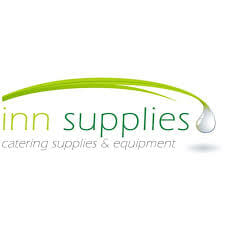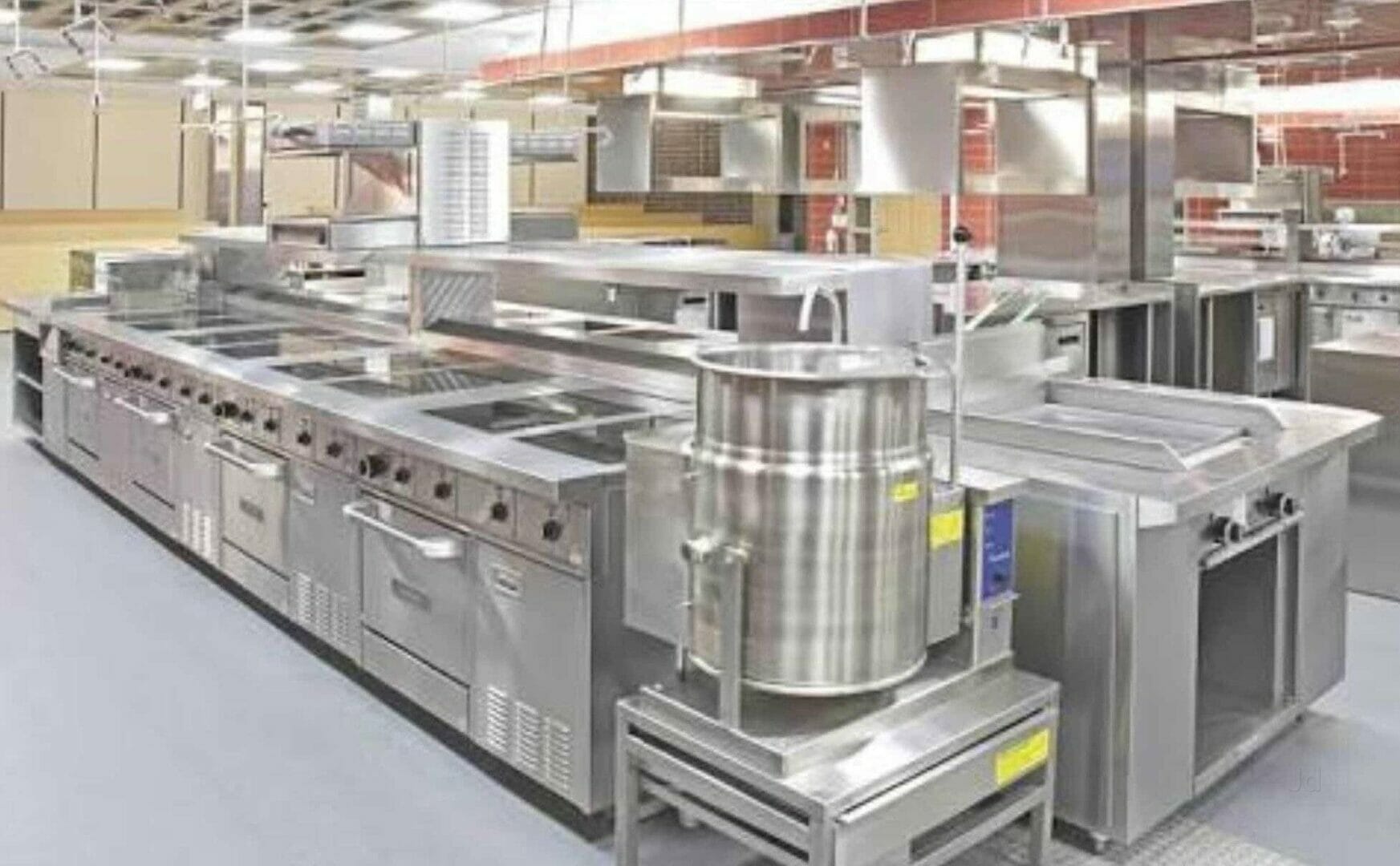In recent years, consumers have been demanding higher standards from the catering industry. Environmental concerns, dietary requirements, and cost efficiency have all been at the centre of these demands. Cheap and easy solutions are no longer enough. If catering companies want to keep up with consumer trends, they must start focussing on sustainably and how their products can support social change. Catering supplies have evolved with these trends, and items such as biodegradable plastic cups and reusable packaging have been introduced. Focussing on various improvement areas, let’s take a look at what has changed in the catering industry and what is still to be done.
Eco-friendly changes
According to the Ellen MacArthur Foundation and World Economic Forum, our oceans will contain more plastic than fish by 2025. With more people waking up to the climate emergency, customers are demanding eco-friendly catering supplies. This has guided the industry towards decreased plastic use and encouraged brands to come up with new solutions. Biodegradable coffee cups have seen a surge of popularity, as have reusable cups.
With consumer trends swaying away from plastic packaging, brands must keep up with these eco-friendly changes, both for the benefit of the environment and for their business. Household names such as McDonald’s and Pepsi have pledged to make big changes to their catering supplies. By 2025, McDonald’s plans to recycle guest packaging in 100 percent of its restaurants. The brand has also pledged that 100 percent of its guest packaging will come from renewable, recycled, or certified sources. Pepsi has seconded this motion, and it also strives for 100 percent recyclable, compostable or biodegradable packaging by 2025.
Other catering supplies that have been adapted to meet environmental demands include cooking equipment. High-speed grills and other energy efficient devices are becoming more popular with catering businesses as they steer away from traditional, energy-heavy cooking methods.
Dietary inclusive changes
Another factor which has demanded a renewal of old catering methods is dietary changes. According to statistics from last year’s Veganuary, 16 percent of all UK ventures were vegan. Because of the rise of veganism and vegetarianism, the catering industry has adapted to make sure they are producing a wide range of food that is inclusive to all dietary requirements. There is now a high demand of storage options which can ensure that ingredients stay fresh and well preserved. As fresh ingredients are essential for healthy vegan diets, this adaptation is a must. Updated refrigeration systems and seal-in-freshness storage options are now essential in any catering business.
In addition to veganism, more people than ever are being diagnosed with allergies. Statistics from the NHS reveal that there has been a surge in the amount of people diagnosed with allergies from gluten, nut, dairy, and shellfish over the last twenty years. This increase demands attention from the catering industry. In reaction, catering products are now focussed on transparency and allergy advice. There is also a greater call for separating ingredients, meaning more specialised equipment for different food types in kitchens.
Considering all of these trends, catering businesses must work towards producing healthier, more eco-conscience, and cost-effective products. The equipment they use is a huge part of this. If more businesses follow in the footsteps of food giants like McDonald’s and Pepsi, we could see a transformation of the industry and reduced plastic use worldwide. This industry can play a huge part in the environmental effort, as well as helping people live their happiest and healthiest lives. Of course, customers also need to play their part by opting for bridgeable products and recycling responsibly.



